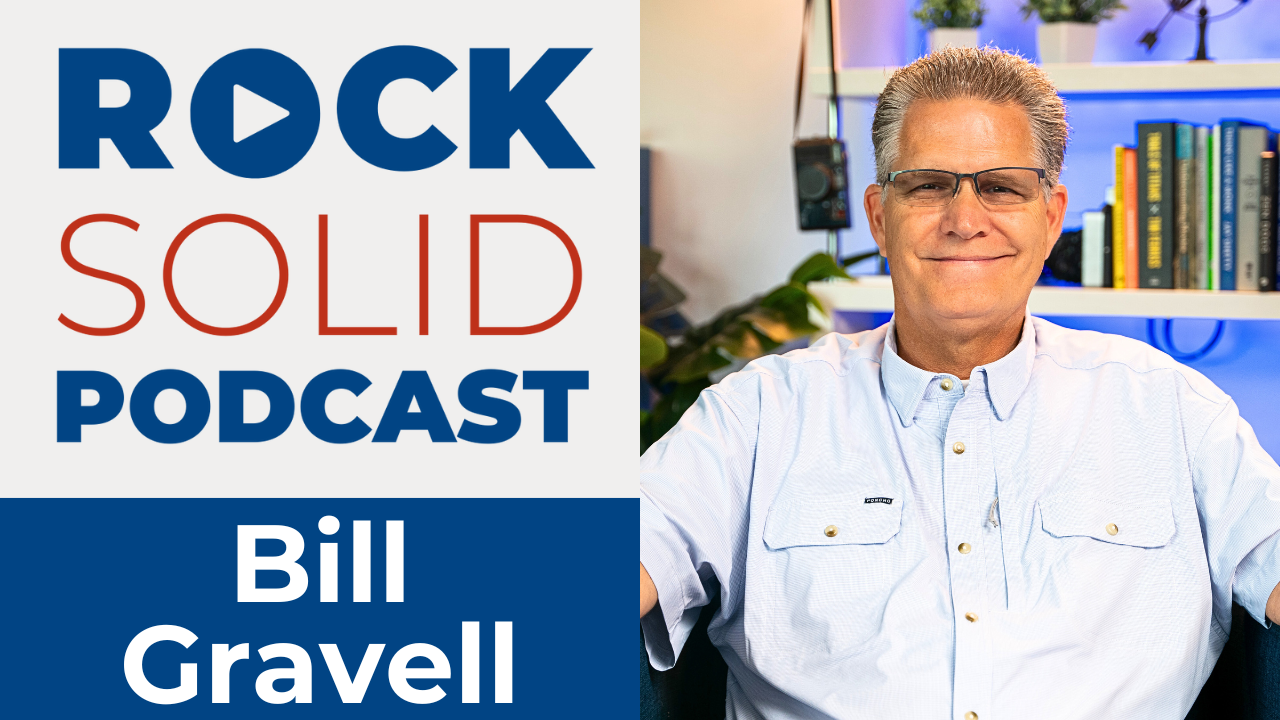When former county judge William Gravell says his family landed in Williamson County because a milkman struck a bargain with a local banker, you lean in. You lean in because every great community is built on small, generous moments that compound over decades. You lean in again when you hear the punch line. The same county that once stretched pasture all the way down Main Street now carries an appraised value of 184 billion dollars, a jump from 89 billion only six years ago.
I met Judge Gravell inside Round Rock Studio to unpack how a town that borrowed cow pastures for baseball diamonds became one of America’s hottest business hubs, and why the secret still comes down to neighbors showing up the moment sirens start wailing.
The playbook starts with a pickup truck
Gravell’s father, an eighth-grade-educated truck driver, loved baseball. No field? No problem. He tossed a dozen neighborhood kids into the back of an International pickup (no tailgate, seat belts optional) and barreled toward open grass. Those homemade games led to the Lily ball complex and, more importantly, etched a habit into local culture: see a gap, fill it together.
The gaps look different today. They involve semiconductor fabs, the largest Apple campus outside California, and housing for roughly 100 new residents each day. Yet the reflex is the same. “No one is in charge,” Gravell laughs, “but everybody contributes.”
Growth by the numbers, heart by the thousands
- Population boom created 12 558 new small businesses since 2019.
- Kalahari, Dell, Apple, and Samsung grab headlines, yet the backbone is the coffee-shop owner who unlocks at dawn and the roofer who works under midnight hail.
Those roofs matter. Gravell’s tenure covered a pandemic, four tornadoes, a mass-casualty shooting, and Central Texas floods. He counted blue tarps by helicopter and joined a Serve Day where 1 000 volunteers were already signed in.
When disaster strikes, FEMA paperwork trails pickup trucks full of chainsaws. Mercy Chefs ladles 4 300 gourmet meals to first responders who refuse to leave the debris pile. A construction firm nobody can name rolls in eight eighteen-wheelers packed with heavy equipment, burns its own diesel, and never asks for reimbursement. H-E-B’s disaster convoy rumbles down Interstate 10 while drivers honk and wave like it is a parade.
Lesson one: scale helps, speed of generosity wins.
Leadership that plants flags, not monuments
Gravell’s favorite metric is not taxable value. It is the number of volunteers on a Tuesday. His job, first as county judge and now as the Small Business Administration’s regional advocate, is to scrub red tape so citizens can keep doing what they already do: build, donate, mentor.
He recalls signing stay-home orders during COVID and feeling the weight of every boutique forced to lock up. The answer was Wilco Forward, a grant program that sent checks to 3 300 small businesses because those same owners had been feeding emergency staff since day one. Reciprocity is not a slogan here, it is protocol.
Put simply, policy should add oxygen to the fire, not claim the fireplace.
From milk routes to multi-billion valuations, and why it matters to you
Whether you read this in Phoenix or Philadelphia, three lessons travel well:
- Community capital compounds faster than venture capital. A banker’s handshake gave the Gravell family a house and, decades later, thousands of citizens a crisis-tested leader.
- Disasters reveal default settings. Practice mutual aid before you need it. Partnerships that over-deliver in the red keep you in the black.
- Growth loves clarity. Gravell filters every choice through one question, “Will this help my neighbor thrive?” Then he removes friction and lets momentum work.
The next move is yours
If you run a startup in a garage, visit your chamber before you print business cards. If you manage a mid-market manufacturer, gather every local supplier for lunch. If you just moved here chasing opportunity, bring work gloves to the next Serve Day. Entrepreneurship is a team sport, and Williamson County keeps benches long.
I walked out of the studio hearing an echo of that milk truck, doors creaking, kids laughing, wheels kicking dust onto Main Street. The buildings may look different, yet the soundtrack of neighborly action has never changed.
What field will you help build?

